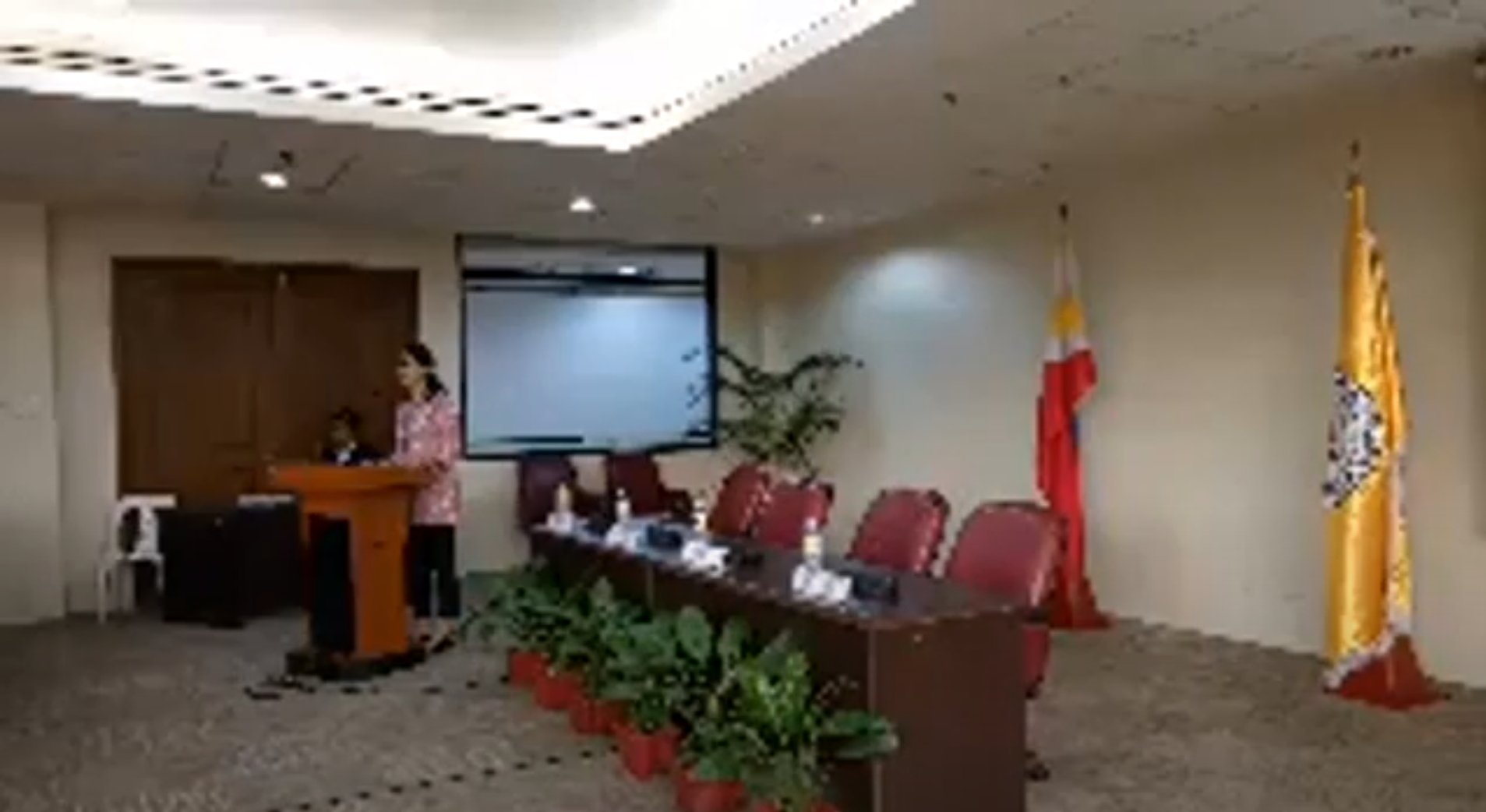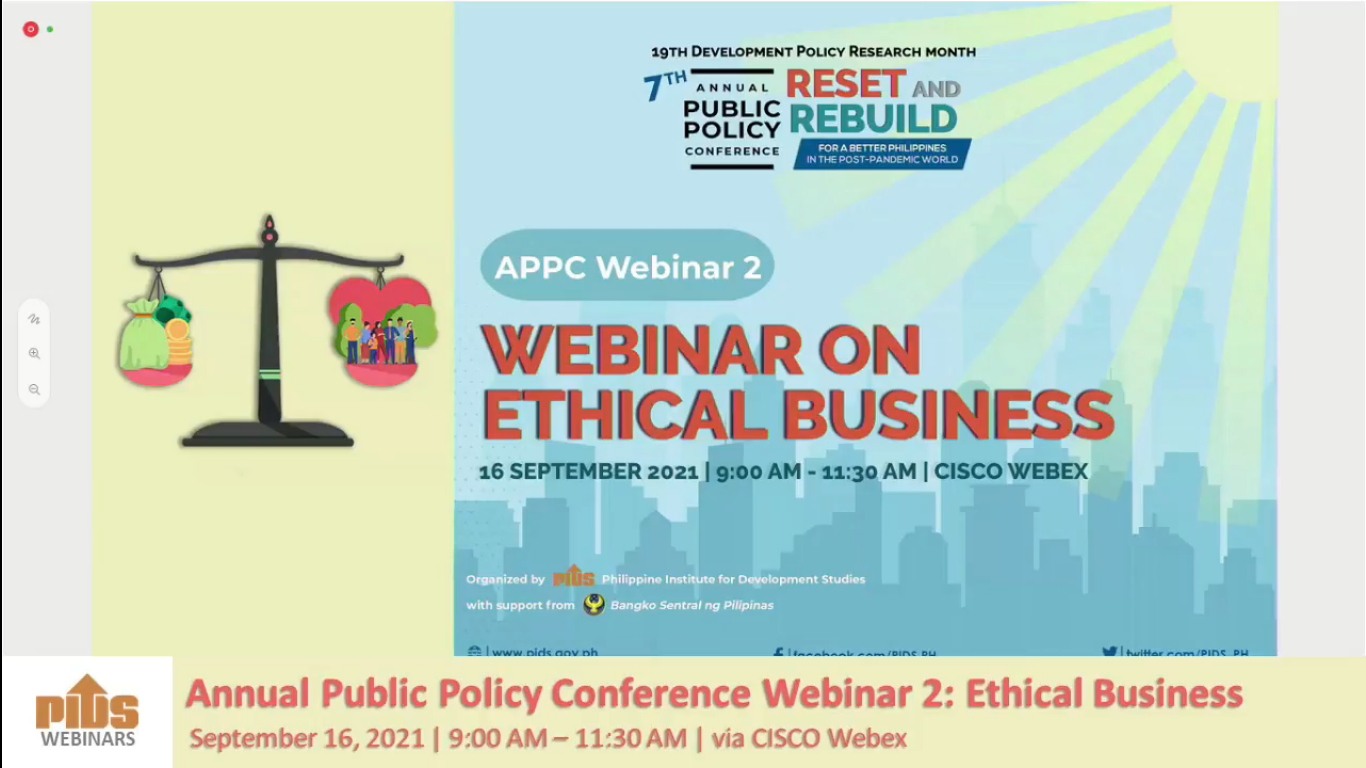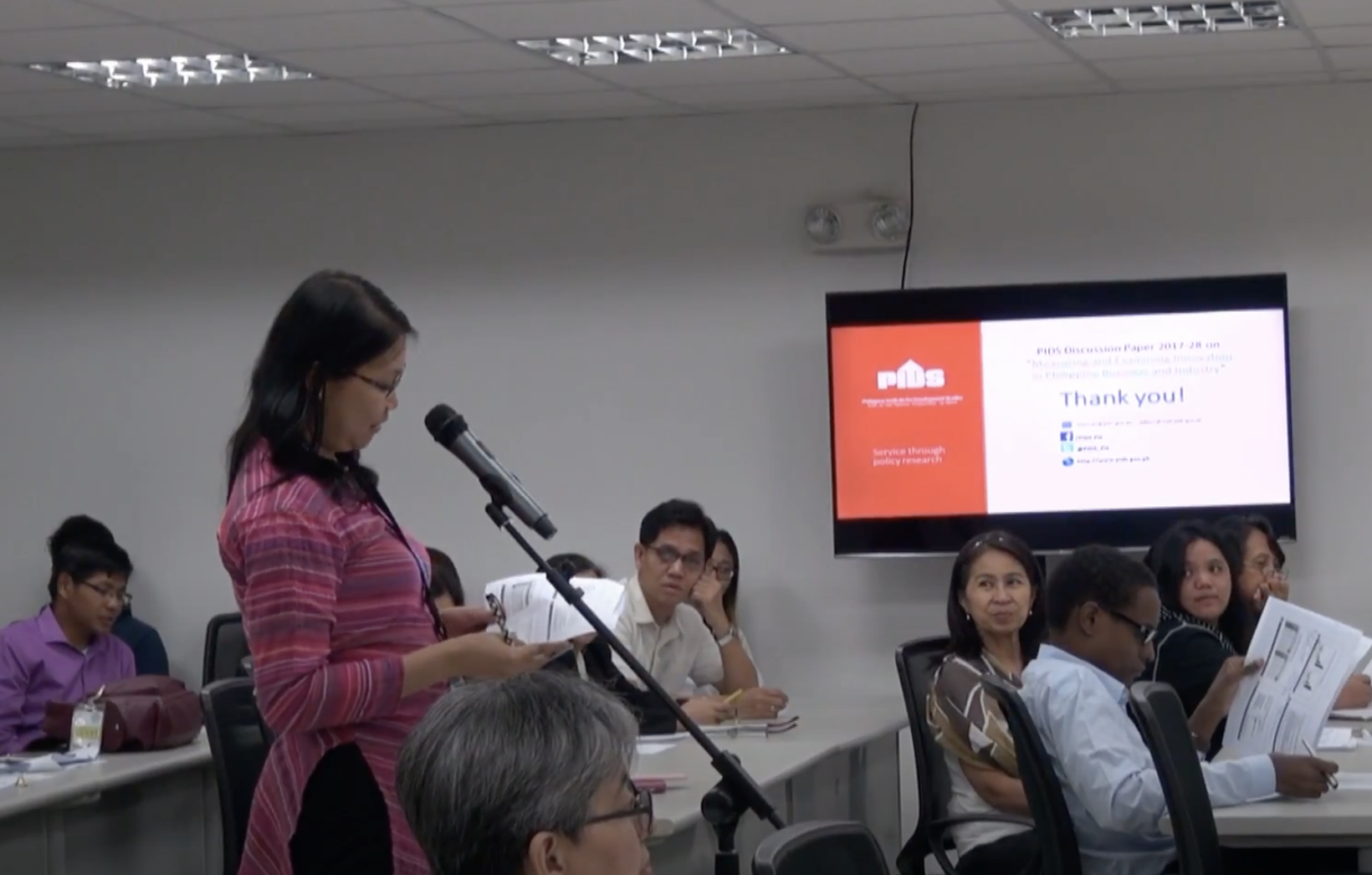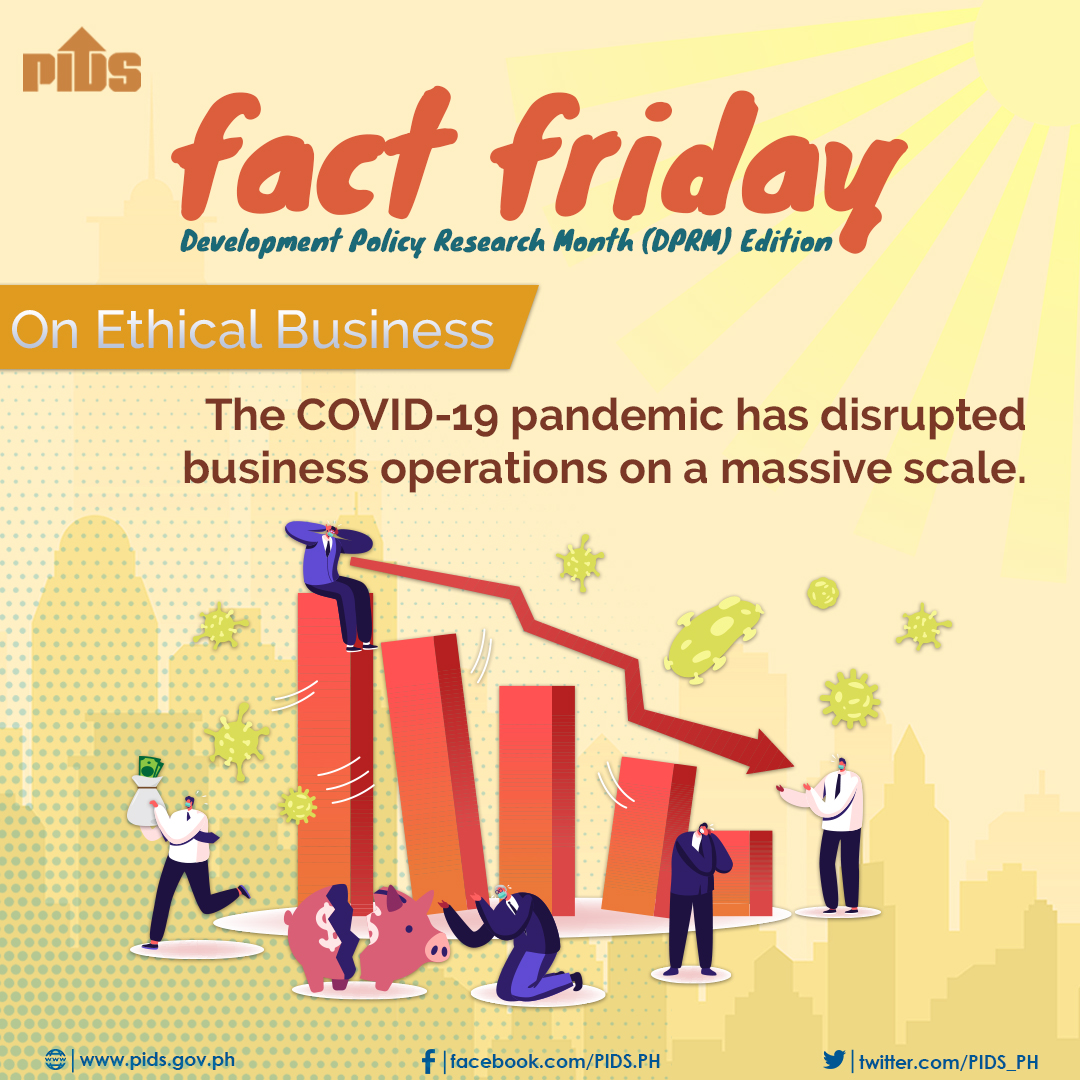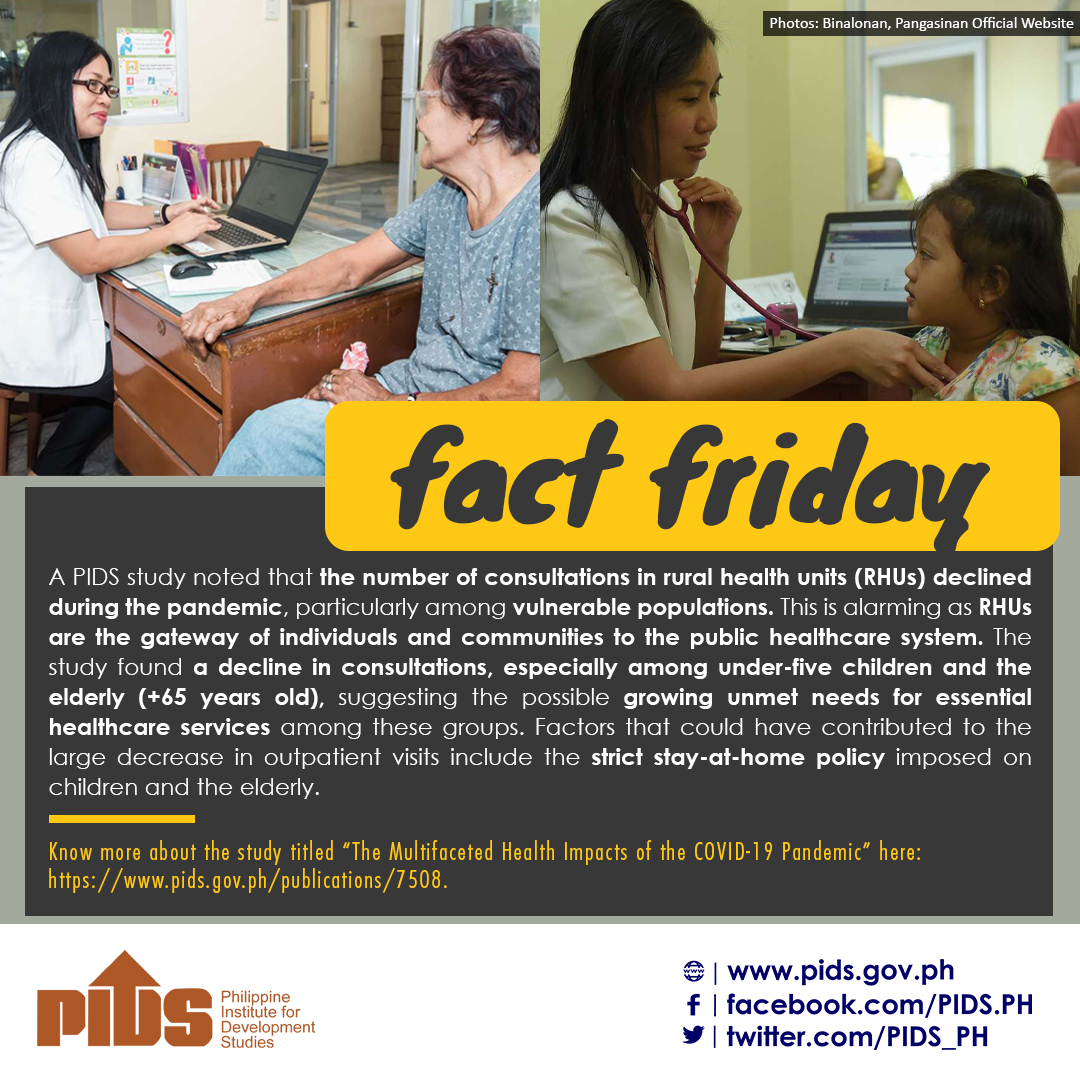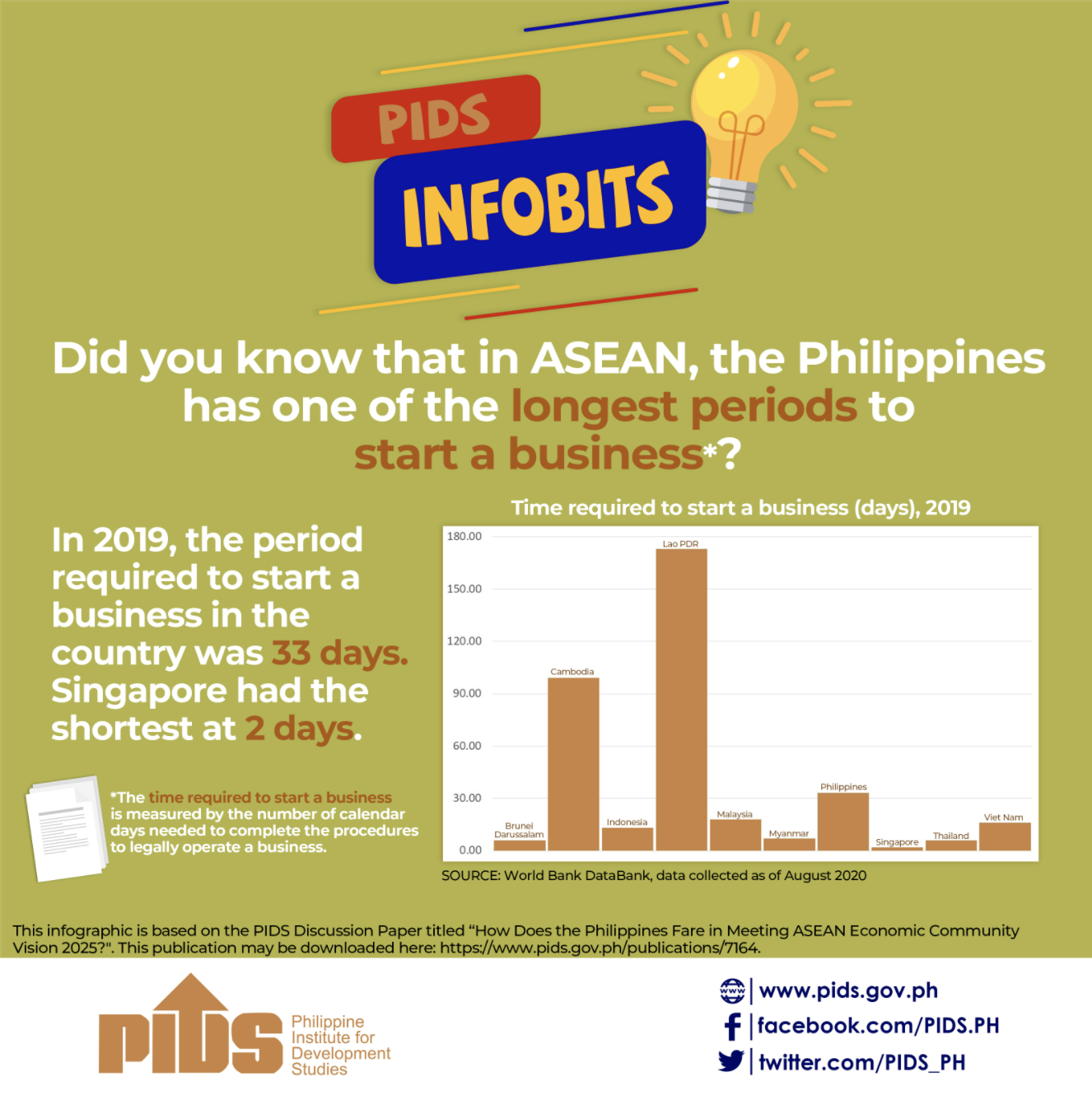President Rodrigo Duterte wants solutions for the concerns of economic managers and business groups who urged Congress to assess the costs and risks of the proposed shift to a federal form of government.
Presidential spokesman Harry Roque said the issues raised by the business chambers could be resolved and do not completely hinder efforts to push for charter change.
"This is, of course, an input that the president will consider. And we’re hoping that the legislature (that) will tackle charter change will also consider the position of the business community," Roque said in a press briefing Monday.
"He (Duterte) is now aware of this concern. And he has said that it is not insurmountable," he added.
Roque said the president has also spoken to members of his economic team who earlier enumerated federalism's risks on the country's credit ratings and economic growth.
"He has listened attentively to what they (economic team) were saying, but he wants solutions. He’s looking for solutions," he said.
"That’s why he is exploring now all options and has ordered that everyone should study it. He is asking members of the Congress to look into the matter very seriously because ultimately, it’s Congress that will submit to the people the proposals."
Duterte has been pushing for a federal form of government, saying it would spur development in the countryside and address the root causes of insurgency and extremism in Mindanao.
But some economic managers are worried that the proposed shift to a federal government might be costly and could affect the country's growth momentum.
Finance Secretary Carlos Dominguez III told a recent Senate hearing that the country might incur a very large deficit if the provision providing the regions a 50 percent share of the national government's revenue collections is implemented. The set-up may bring the Philippines' credit rating to "hell," he added.
In the same hearing, Socioeconomic Planning Secretary Ernesto Pernia said the shift to federalism would also require the government to spend P120 billion excluding the disruption of state projects.
Business groups have expressed support for the concerns raised by the economic team and have urged Congress to consider the possible effects of federalism on the country's fiscal position.
In a joint statement released over the weekend, the Cebu Business Club, Employers Confederation of the Philippines, Financial Executives Institute of the Philippines, Makati Business Club, Management Association of the Philippines, Philippine Chamber of Commerce and Industry and Philippine Exporters Confederation Inc. expressed concerns over what they described as "ambiguous" provisions on the division of revenue and expenditure responsibilities between the proposed federal government and its federated regions.
"We, too, believe in the need to adhere to the public finance principle 'funds follow function,'" the groups said.
"We worry about the dire consequences that such fiscal imbalance could have on the economy and the flagship Build, Build, Build program of the current administration," they added.
The business groups cited an estimate by state-run Philippine Institute for Development Studies, which said that the government under a federal system might incur the cost of P72 billion to P130 billion.
The deficit might also balloon to 6.7 percent of the gross domestic product, the groups added.







